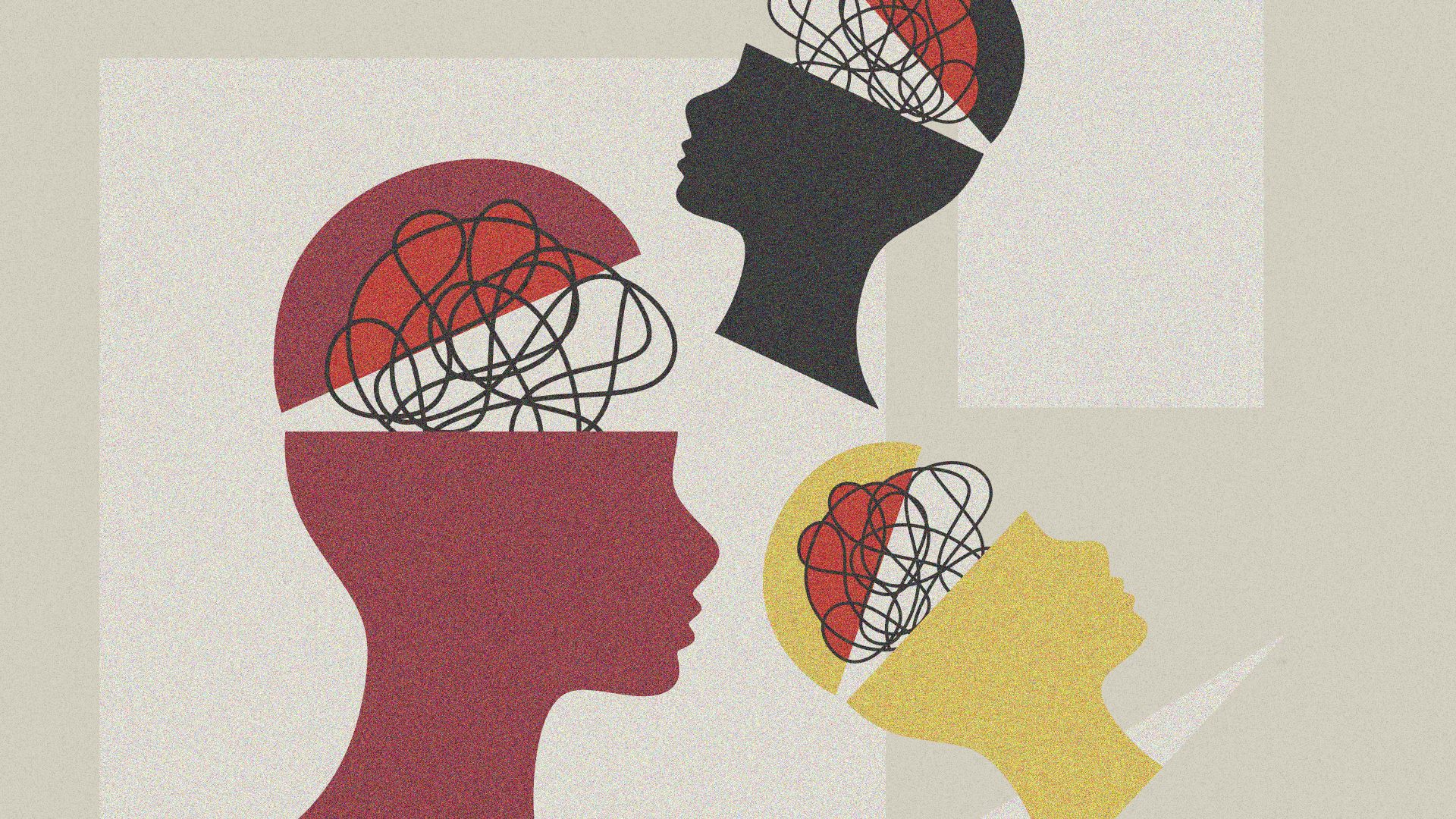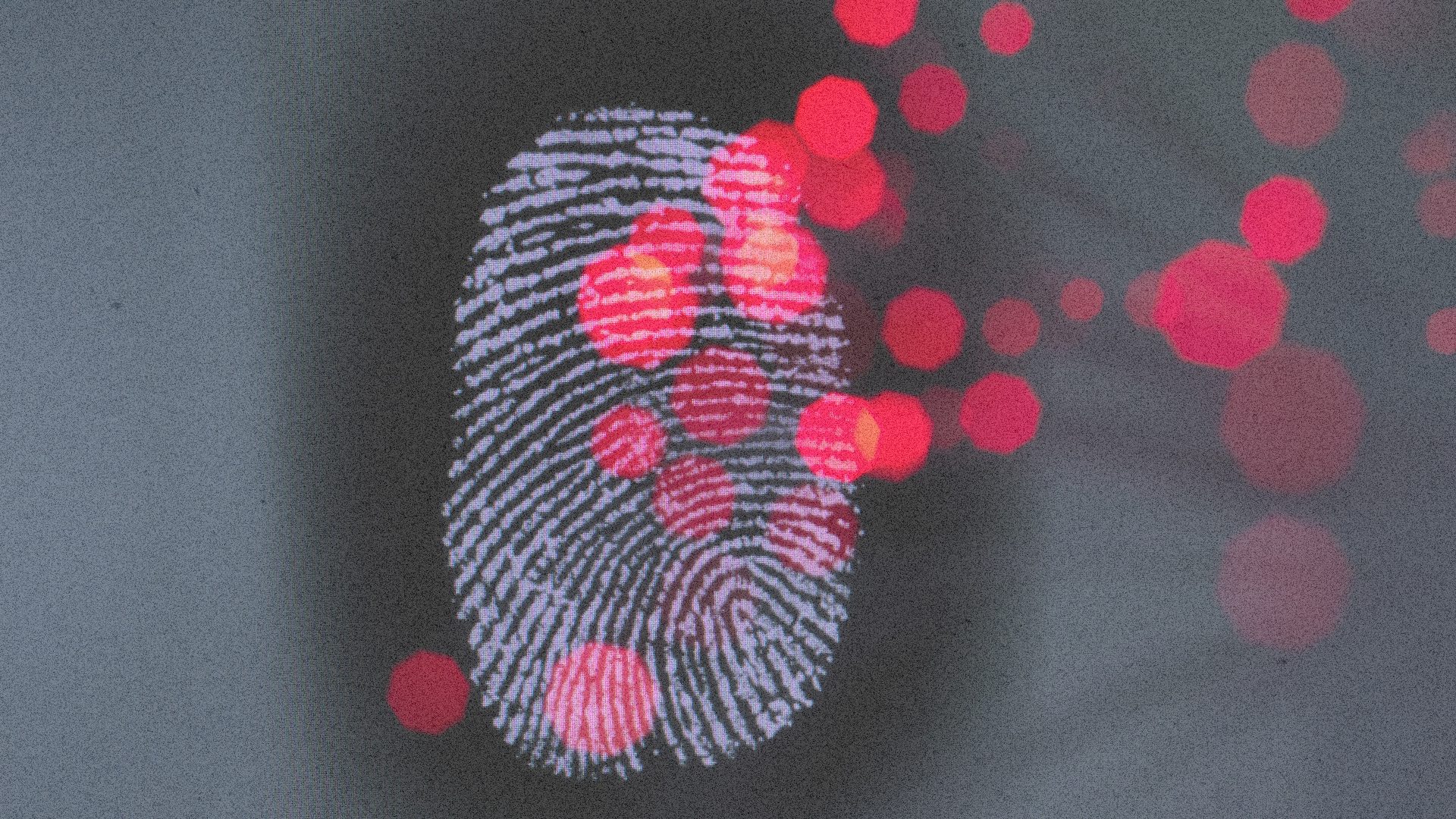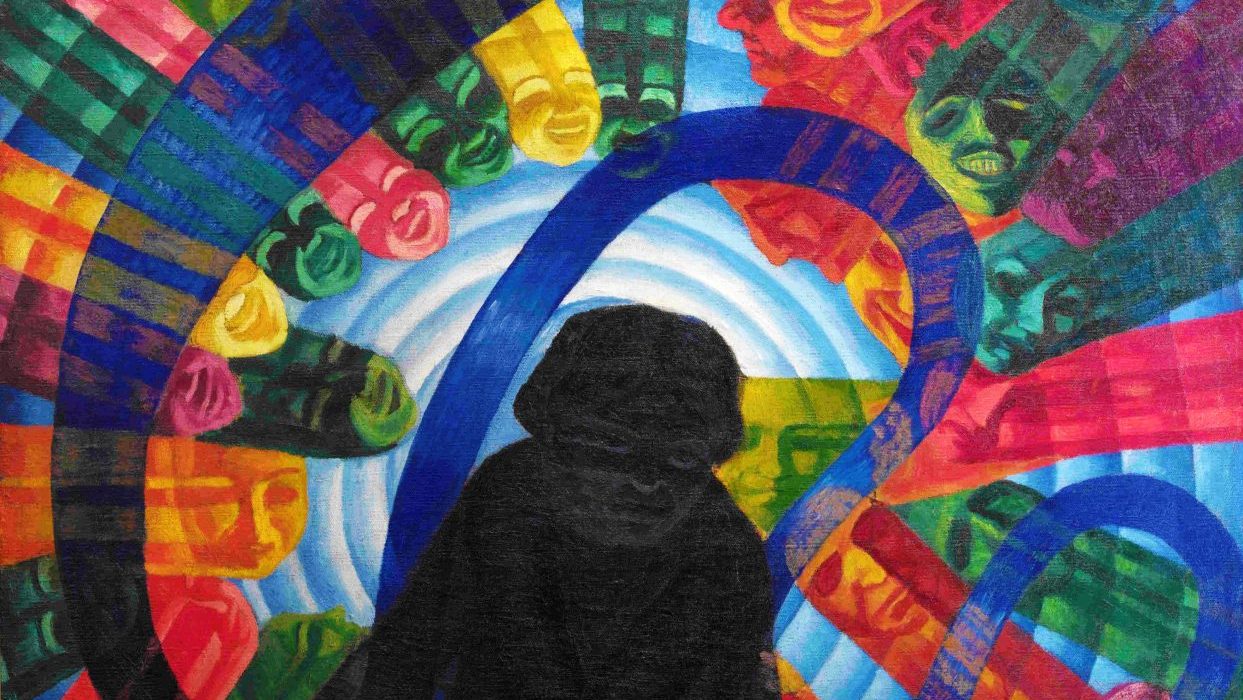It very much looks as if there’ll be a new Bundeskanzler soon. The trouble is that Friedrich Merz, whose CDU/CSU leads all the polls by a significant margin, isn’t the country’s “chancellor of choice”. If the chancellor was elected directly, none of the current front-runners would receive even a quarter of the votes, according to several surveys.
A recent psychological study undertaken by Rheingold Institute digs deeper. It has nothing to do with Wagner’s Nibelungen – it’s a renowned Cologne-based market researcher that regularly deep-dives into the German mind. It is not representative (only 50 people are interviewed) but always insightful, as the participants are picked according to party preferences and then questioned for hours about their feelings and emotions. Basically, a long session on a therapist’s couch.
The result is nothing short of depressing, characterised by worry, disappointment and lack of hope.
Previous studies had already seen the wider population in crisis mood – during Covid and after Russia’s attack on Ukraine – but according to Rheingold, people coped by cocooning, by retreating into their private lives. This, says the institute’s director, Stephan Grünewald, is history.
Three factors, in particular, make withdrawal impossible. First, declining public safety intensifies feelings of helplessness. Second, rising prices and the housing crisis make people feel like exiles in their own country. And third, the overall mood has become explosive. Friendships fracture over political disagreements. Many feel they’re living atop a powder keg.
Nein, this isn’t the UK shortly after Brexit. It’s Germany after three years of the traffic-light coalition.
In 2021, there was still hope that the three parties could balance out the country’s needs. The Greens would handle climate policy, the FDP would protect economic freedoms, and the SPD would ensure social stability. That dream has collapsed.
With a stuttering economy, illegal immigration, failing crime prevention and a sense that everything is simply falling apart, the unending stream of bad news creeps into people’s day-to-day lives. Germans feel stuck in a Problemstau, a massive traffic jam of problems. Across party lines, people ask themselves with a mix of sorrow and frustration: “what happened to our beautiful country?”
While citizens feel they are working harder than ever just to keep things running, they see politicians paralysed by infighting, endlessly debating rather than taking decisive action. What’s worse, they believe the burden of these accumulated problems is not falling on the political elites – it is falling squarely on them – they’re footing the bill for a nation in decline.
For years, voters held on to the hope that they could postpone the inevitable and keep things stable for just a little longer. Now, they fear that time is up.
Recent budget debates convey the sentiment that there isn’t enough money to go around, and this fuels bitter fights over who gets what. Many are convinced that government spending is focused on all the wrong things – Ukraine, refugees, welfare – while ordinary citizens are left in the cold. The infamous “bike lanes in Peru” (allegedly funded by German taxpayers) have become the perfect symbol of this sentiment.
The sense of being trapped in this mess is widening the cracks in society. In conversations with voters, the impression is that they inhabit completely different planets, each with its own version of the crisis – and its own solution. For left-leaning voters, the greatest danger is an AfD takeover, which they see as the death of democracy. Their strategy? Defend the status quo at all costs. They see themselves as the last line of defence.
Conservative and AfD-leaning voters, on the other hand, are convinced that Germany is already in ruins. To them, the state is incompetent and their country no longer feels like home. Their solution? A radical shift back to old values, a return to strength.
But given the coalition choices, voters see no good options. A coalition of CDU and SPD? More stagnation. CDU and the Greens? A culture war waiting to happen. A CDU-AfD alliance? Officially unthinkable – but secretly considered by a significant number of voters. For now, the Brandmauer (firewall) against the AfD is holding. But some CDU voters, while unwilling to embrace the AfD fully, fantasise about using it as a wrecking ball – letting it “drain the swamp” while keeping it on a tight leash. Others fear the consequences of such an experiment.
I wish I could end on a more positive note, but Grünwald concludes: “Hardly anyone believes that the situation will improve with a change of government.”




